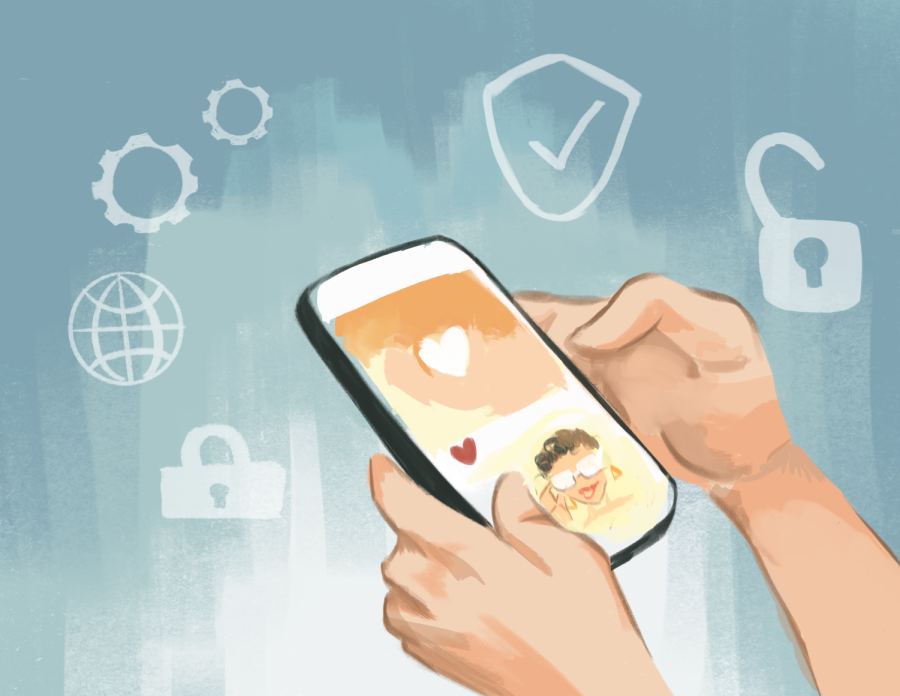Online privacy is not a given: Security is safety
Reading the terms of service for social media apps is often grueling, with many users choosing to skip the information and just click “accept.” But these confusingly dense guidelines are the key to understanding what may be done with the data you create on social media. Even if you consent to your data being used, it’s not a bad idea to know what you’re accepting when you hit “accept.”
Here’s the TL;DR:
If you give them access, social media apps such as Instagram would have access to all of your photos (including the ones on your phone and not just on the app), according to Business Insider.
Social media companies can share your photos (for free) with third parties like researchers, and you agree to this in the terms of service, as confirmed by TL;DR Legal.
These researchers generally follow social media ethics, but all they require is for researchers to be transparent. Social media ethics don’t require researchers to protect users’ privacy.
Should you be concerned about those third-party researchers having access to the data you create on social media? Maybe.
Because you create a whole lot of data on social media. When you talk to your friends and family when you’re apart, like a photo, take a Buzzfeed quiz or even scroll endlessly when you’re bored, you create data. With access to users’ content at just a click of a button, a social media app has become a researcher’s playground. All sorts of demographic information can be easily deduced through analyzing data alone. In turn, this data is used in research papers, and users are reduced to information, rather than people.
Most websites and apps have this kind of access to users’ data, and this is a reason why many people think their phones are listening to their conversations.
Your phone isn’t really recording or listening to you, but the truth might be scarier. Your phone doesn’t have to be actively listening to you, because it has plenty of other ways to know what you want to buy. By looking at your search history and comparing the items in it to past purchases, your device can determine what you could potentially need in the future. By sheer coincidence, you might have been talking about what your device later recommends for you, because the analysis is just that accurate.
The same goes for social media. When you click that “like” button, you are declaring to the researcher that you either like the topic of a post, or the user who posted it, and you will continue to be fed similar content based on demonstrated interest.
Data like this can be damaging to one’s privacy. So how do we ensure the safety of users, especially the ones that are not at the age to consent for themselves? Technically, we can’t. Collecting data through social media is perfectly legal, given that we consented through the terms and conditions by signing up for the app.
Don’t be discouraged though. You can still watch out for yourself and make sure you’re staying safe and optimizing your privacy. Most critically, do not display your real age, address or any other personal information and make sure you are fully aware of all caveats and add-ons before giving out your data.
And that phrase, “social media ethics” isn’t going to help you as much as it sounds like it might. It refers to how researchers can go about data collection. Consent is the main priority, as researchers are required to be transparent about what they will do with the data and what it means for the user. But because social media ethics do not look out for the privacy of the user, that’s on you. Keep in mind that even though you may consent to a researcher utilizing or publishing your data, you may not be ready to handle the privacy implications that come along with your name being in a study. This is especially important for those on social media who are under 16, the age at which you can consent to someone else using your data without the knowledge of a guardian.
So, what should you do with this information? You may choose to do nothing. But you might consider holding back the parts of your life from social media that compromise your privacy. And at minimum, you should know what hitting the “I agree” button entails.





